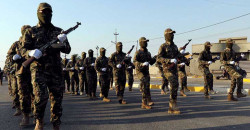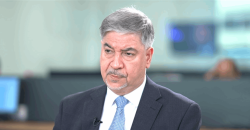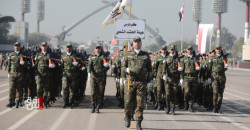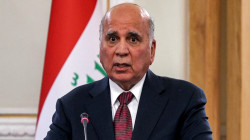Iraq-PMF: Armed factions to be absorbed after Eid
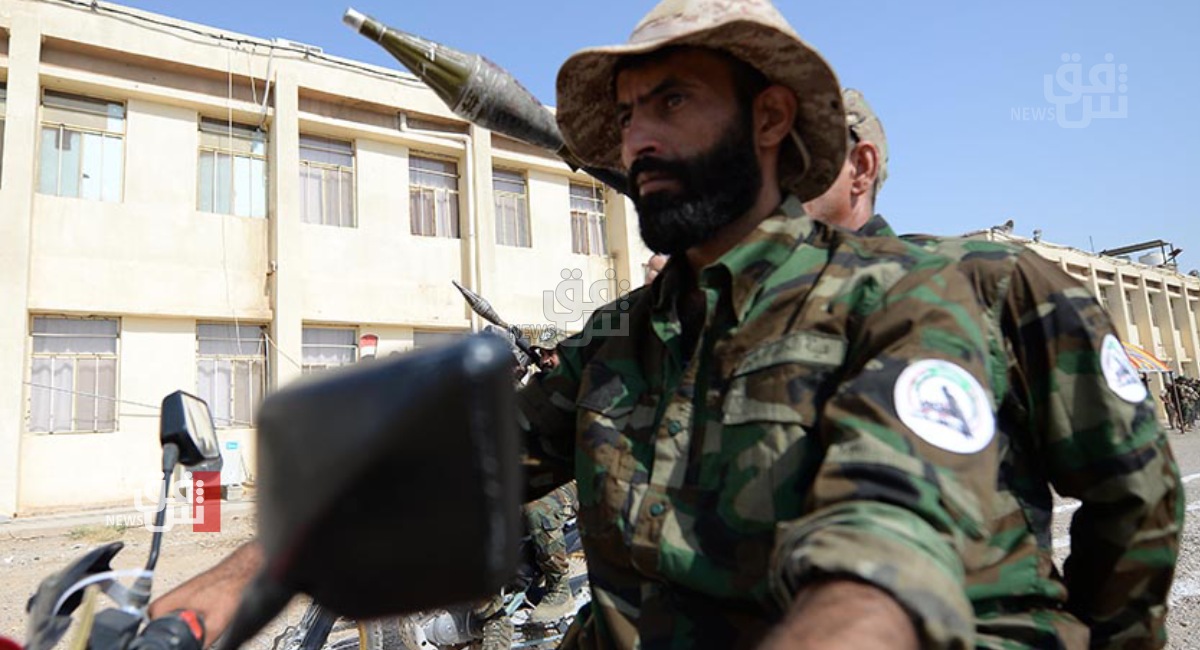
Shafaq News/ Iraq will begin integrating its remaining armed factions into the Popular Mobilization Forces (PMF) after Eid al-Fitr, security sources said on Sunday, adding that the plan, backed by the country’s main Shiite parties, includes factions affiliated with the Axis of Resistance.
According to one source, a post-Eid al-Fitr meeting of the Shiite Coordination Framework (CF) is expected to finalize implementation steps and set the path for long-delayed unification.
The source told Shafaq News that the CF meeting will focus on unresolved issues such as funding, armament, and logistical support, and the process follows previous deals between the government and faction leaders, “however, financial shortfalls still pose a challenge.”
“Iraq has 34 armed groups, most of which are already part of the PMF. Fewer than a dozen remain outside the system but are expected to be folded into units under Prime Minister Mohammed Shia al-Sudani’s direct command,” another source explained, adding that the plan would "end internal competition, streamline leadership, and improve military performance by using the combat experience of these groups."
He emphasized that integrating factions into the Popular Mobilization Forces (PMF) is a crucial step toward strengthening stability and security in Iraq, particularly in tension-prone areas. This move, he noted, “would help bridge divisions among different factions, foster a greater sense of unity and belonging within the PMF, and enhance military efficiency. By incorporating factions with valuable combat experience, the PMF stands to bolster its overall strength and operational effectiveness.”
One of the main obstacles to completely achieve this, another source added, is ideological, as several factions follow the doctrine of "Wilayat al-Faqih*" (Guardianship of the Islamic Jurist) and answer to Iran’s Supreme Ayatollah Ali Khamenei. "This raises doctrinal issues that must be handled carefully to avoid religious disputes over authority," the source said, noting rivalries among faction leaders remain “a risk to full integration.”
Last January, Prime Minister Mohammed Shia al-Sudani said that his government is committed to bringing the factions under state control through legal and institutional steps, describing it as part of "building a stable and unified Iraq."
Observers believe that integrating armed factions into Iraq’s security institutions will provide them with protection from potential military strikes or targeting by the United States and its allies.
*An Islamic governance theory that grants authority to a senior Islamic jurist (faqih) to oversee political and religious affairs. The concept is most prominently associated with Iran's political system, where the Supreme Leader (Wali al-Faqih) holds ultimate authority over state matters.The doctrine was developed by Ayatollah Ruhollah Khomeini and became the foundation of Iran’s Islamic Republic after the 1979 revolution. It argues that, in the absence of the infallible Imam (in Shi'a Islam), a qualified Islamic jurist should govern to ensure society adheres to Islamic principles. The Supreme Leader in Iran is responsible for key state functions, including military and judicial oversight, foreign policy direction, and religious leadership.
